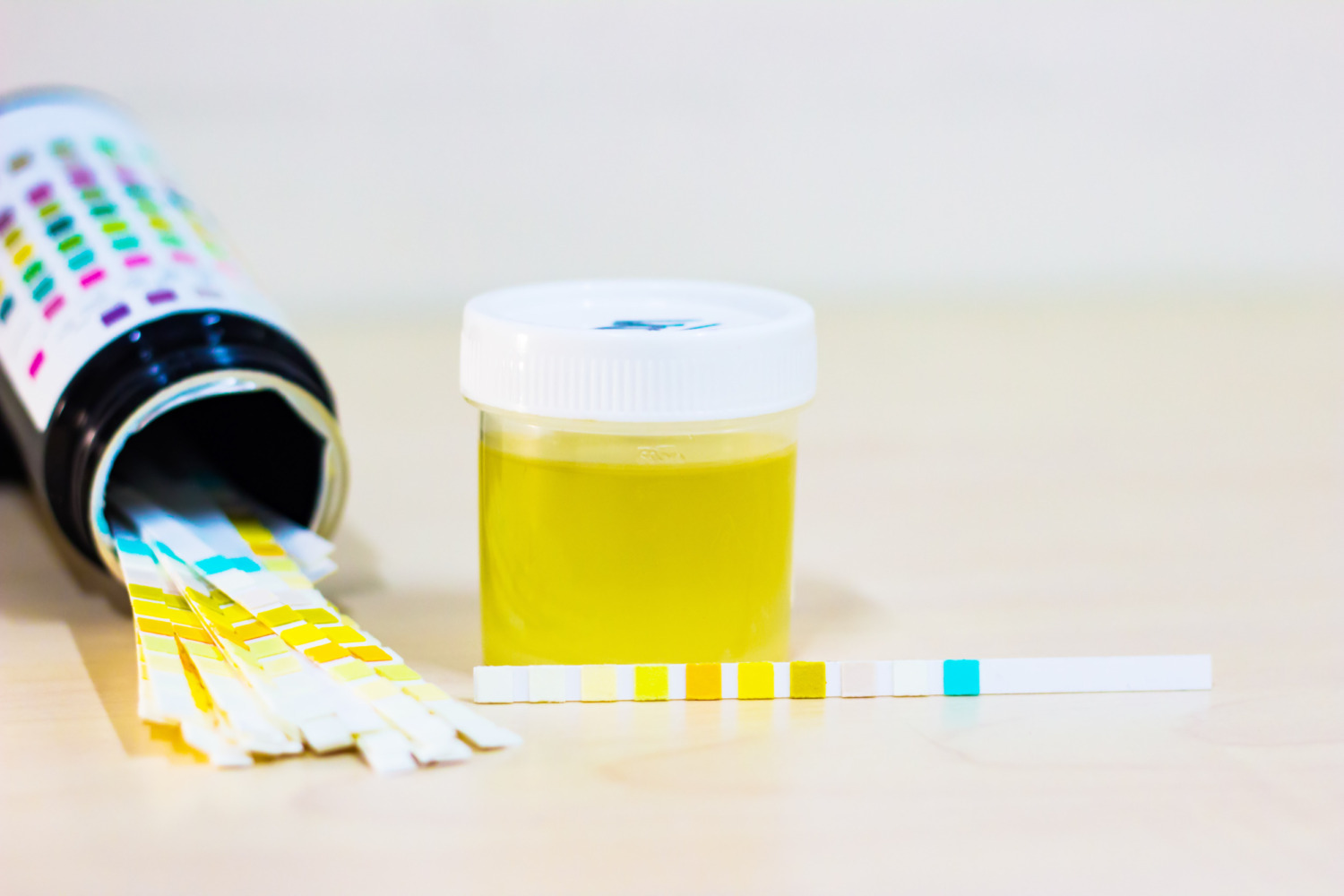In the realm of transportation safety, ensuring the sobriety and fitness of employees is paramount. The Omnibus Transportation Employee Testing Act of 1991 stands as a crucial legislative milestone in this pursuit. Enacted to enhance safety across various modes of transportation, this act instituted comprehensive drug and alcohol testing requirements for employees in safety-sensitive positions. As we delve deeper into its provisions and implications, we uncover the intricate tapestry of safety measures woven to safeguard passengers and the workforce alike.
Understanding the Omnibus Transportation Employee Testing Act of 1991
Enacted on October 28, 1991, the Omnibus Transportation Employee Testing Act of 1991 was a response to growing concerns over substance abuse among transportation employees. The act mandated drug and alcohol testing for employees in safety-sensitive positions across transportation sectors such as aviation, railroads, mass transit, pipelines, and commercial motor carriers.
Key Provisions:
- Scope of Testing: The act applies to individuals in safety-sensitive positions, including pilots, bus drivers, train operators, and pipeline workers, among others.
- Testing Requirements: It mandates pre-employment, random, post-accident, reasonable suspicion, and return-to-duty testing for drugs and alcohol.
- Drug Panels: The act specifies the substances to be tested, including Marijuana (THC), Cocaine, Amphetamines, Opiates (including heroin, morphine, and codeine), Phencyclidine (PCP)
- Alcohol Testing: It sets the threshold for alcohol concentration levels, usually at 0.04 or lower.
- Consequences for Non-Compliance: Non-compliance with testing requirements can lead to severe penalties, including suspension or revocation of licenses.
Implications and Impact:
- Enhanced Safety: By ensuring sobriety among transportation employees, the act significantly enhances safety for passengers and the public. It reduces the risk of accidents caused by impaired operators.
- Cultural Shift: The act catalyzed a cultural shift within transportation industries, fostering a zero-tolerance approach towards substance abuse.
- Improved Work Environment: Implementing drug and alcohol testing promotes a healthier work environment by addressing substance abuse issues and providing support for employees struggling with addiction.
- Legal Compliance: Compliance with the act is not only a regulatory requirement but also a legal obligation for transportation companies. Failure to adhere to testing protocols can lead to legal liabilities and reputational damage.
Have You Failed a Drug and/or Alcohol Test? Find a Substance Abuse Professional with SAP Referral Services
If you find yourself in the challenging situation of being a safety-sensitive employee who has failed a drug and/or alcohol test, it’s crucial to seek support from a qualified Substance Abuse Professional (SAP) as soon as possible. A SAP specializes in assessing and assisting individuals dealing with substance abuse issues, providing confidential and non-judgmental guidance tailored to your specific needs. If you work in a safety-sensitive industry, finding a SAP near you is essential for navigating the next steps towards recovery and ensuring compliance with regulatory requirements. To find a SAP in your area, contact SAP Referral Services today.
